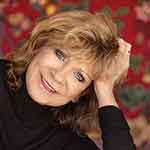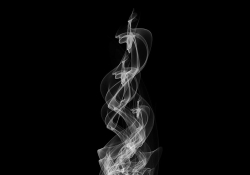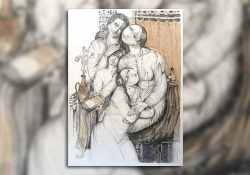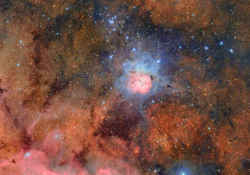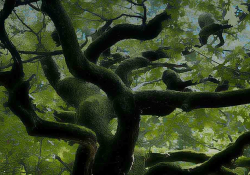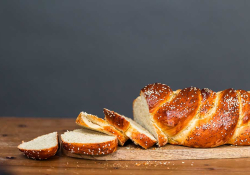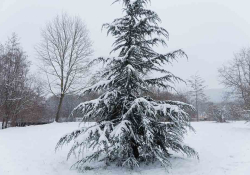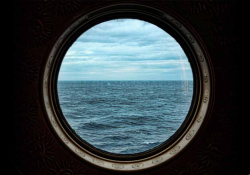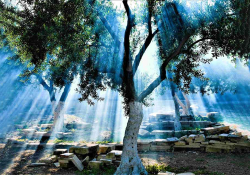As If We Know
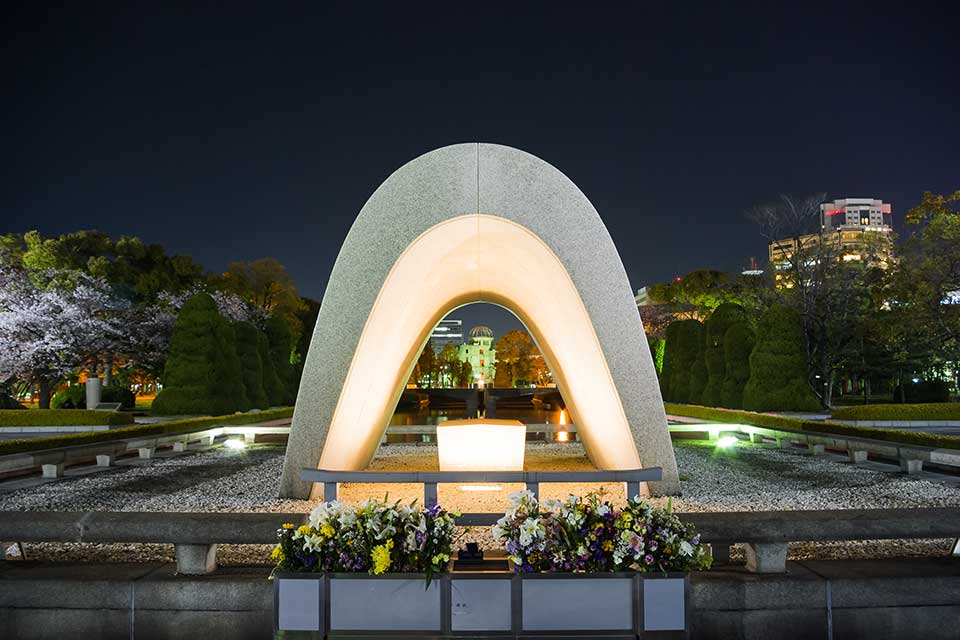
But they weren’t fascists,
were they? Those children
of Dresden. Chalk bones
and ash sifting air inside
skeleton frames, black
smoldering sentinels rising
from firebombed buildings
in Dresden: gingerbread
homes disappeared, domed
churches exploded, schools
and ministries once scrolled
and turreted in Baroque
complex lines made beautiful
by hands of men who
weren’t fascists
either.
Radioactive dust drifts
over the Pacific, not even
particles now, though once
the dust had been skin,
had been children
the bodies of children,
in Hiroshima, Nagasaki.
They played janken
with their hands, made
signs: rock smashes scissors,
scissors cut paper, paper
covers rock. In janken,
rock is called guu,
scissors are called choki,
paper is called paa.
Gone to poison dust,
those rocks, paper, scissors,
those bodies of children
who weren’t fascists
either.
Fascists impose order,
commit genocide,
exalt charismatic leaders
who wage war for rebirth
of their once great
nations now diminished,
they say, poisoned,
reduced, polluted by
the inferior blood of the
Other.
This Machine Kills Fascists
Woody’s guitar used to say.
We mimic the words
as if we know
what fascism is,
as if we know
who to kill. We want
to believe we can
kill fascists with songs,
not bombs, but poems
and stories.
But fascism changes its coat.
Its heart stays the same
but its covering is different.
They may be balding and
jowled, or pretty and young.
They may be our cousins
in Levi jeans and red caps.
Their children may hide
in the dark, making signs
with their hands: rock
smashes scissors,
scissors cut paper,
paper covers rock.
Will we believe they are
fascists then, these soft-
boned children? These
children of our cousin’s
children?
On the 80th anniversary of Hiroshima
